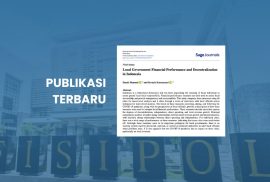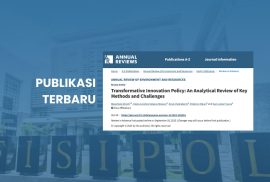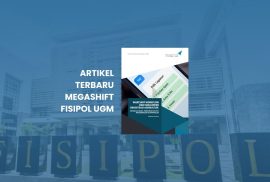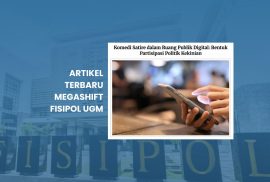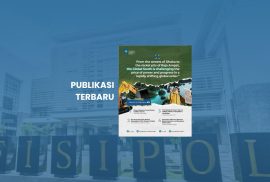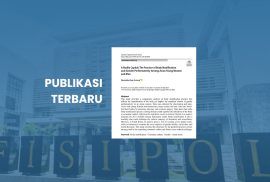Bevaola Kusumasari, Ph.D., a lecturer from the Department of Management and Public Policy (DMKP), Faculty of Social and Political Sciences (FISIPOL) UGM, has once again demonstrated her contribution to the international academic arena. She recently published a scholarly article entitled “Local Government Financial Performance and Decentralization in Indonesia.”
This publication examines the financial performance of local governments in the context of decentralization in Indonesia. Drawing on data analysis from 66 cities and in-depth interviews in 4 cities, the study highlights how financial performance measures—such as degrees of decentralization, independence, direct spending, and local revenue growth—are used to evaluate local financial governance.

